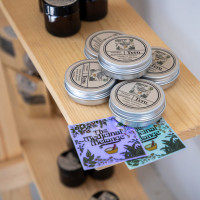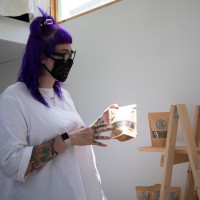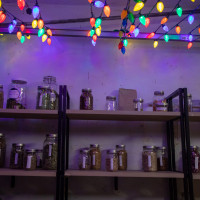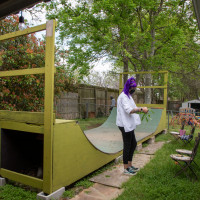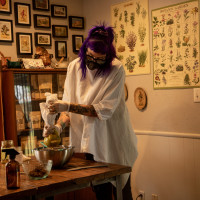Austin Small Business Revenue Has Long Term Impacts After Pandemic, Study Shows
By Ashley Miznazi
Reporting Texas TV
AUSTIN, Texas — Researchers at the Cockrell School of Engineering hope to shed light on the impacts the pandemic had on Austin’s lifestyle and economy after a year.
Their findings showed small businesses were hit hard. There are 40% fewer businesses open than pre pandemic days. For small businesses able to stay open, revenue dropped 37%.
Researchers collected information from public databases to track public health, economy, transportation, energy and water demand, community needs and air quality. The information on small businesses comes from the nationwide database Opportunity Insights.
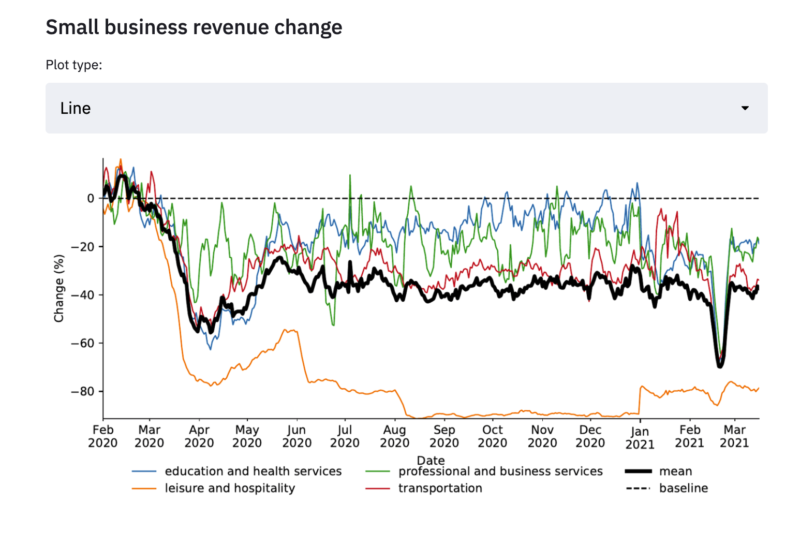
Winnie Hsia started Sky Candy, an aerial and circus arts studio, 11 years ago in Austin. In 2018, Sky Candy moved to a bigger studio They were filling up classes and on track to breaking even with the building’s construction fees when the stay at home orders and shut downs started.
“Literally the month of the pandemic, it went from the first month we’ve been profitable in years to negative income because we were giving so many refunds and we knew that a lot of our community members were also suffering financially.” Hsia said.
She decided to try to switch their in person operations to virtual classes during stay at home orders, but things were still slow. When they needed money for rent, Hsia started a GoFundMe page and searched for grants.
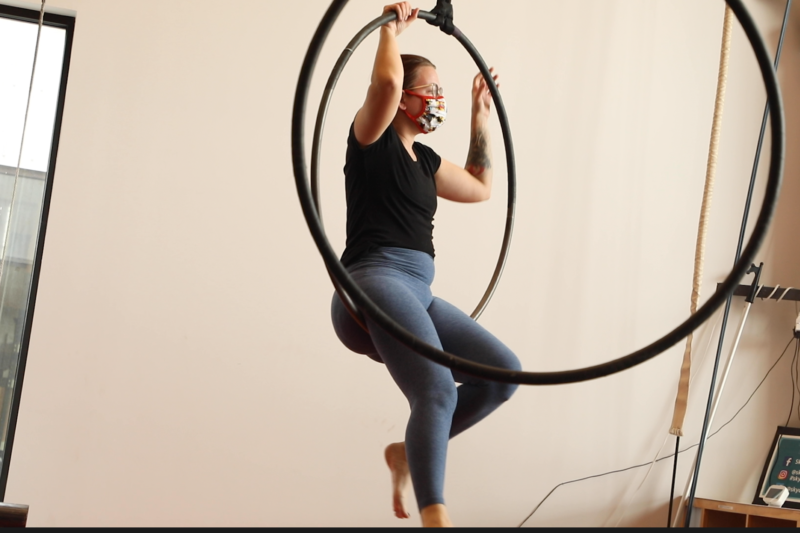
Another local business owner, Elizabeth Ryan, had to get creative with how she sold her products during the pandemic. She utilized Instagram to promote items normally sold in her Medical Melange store, and joined craftHER market, a virtual catalogue showcasing creatives and small business, organized by the nonprofit bossbabes.
“I know if it was in person I’d be selling out, but being that it’s online, it’s the nature of the pandemic.” Ryan said.
Bossbabes forms a network of small owned businesses through community gatherings and shared resources. Jp Rivera Felizardo, a bossbabes coordinator, said the results of the UT engineering study did not surprise her but needed the community’s attention.
“They are directly injecting money into the local economy. The better small businesses do, the better the community does overall.” Felizardo said.
The Center of Women Entrepreneurs also stepped in to help small businesses by offering advice and grant money. Tracy Irby, the center’s director, said one of the biggest struggles she saw was businesses coming up with enough money to pay rent.
“People weren’t sure what to do when all of a sudden their business doors were closing.” Irby said.
To help these businesses, Irby said The Center of Women Entrepreneurs organized a grant, giving $1 million to 100 women owned businesses in Texas.
One of those businesses is Sky Candy.
“Small business is the lifeblood of every community. They are the ones there, even when the big ones aren’t. The big ones are great because they can bring in things. But who’s there every day? Who’s going to know your child’s name?” Irby said.
At Sky Candy, Hsia chose to operate her business at 10% the building’s capacity for her members safety for now.
“It just feels like the right thing to do, even though we’re still kind of like scraping along. I definitely appreciate all of the stimulus bills and all of the small business support there’s been both at a federal and local level, because honestly, we wouldn’t still be here if it wasn’t for that,” she said.
